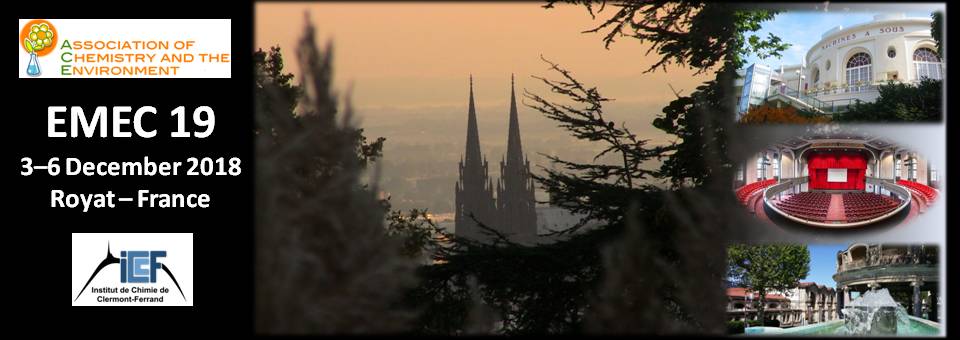
|
|
|
Invited speakers
Five invited lecturers will introduce each session
Session 1: Sustainable Chemistry
Pr. Karine De Oliveira-Vigier (Université de Poitiers, France) (Conference abstract)
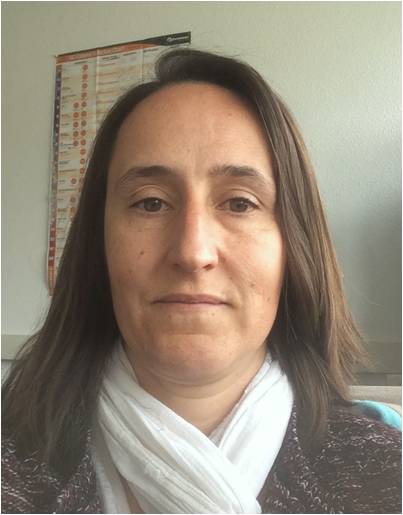
Karine DE OLIVEIRA VIGIER is a professor at the University of Poitiers, IC2MP (Institut de Chimie des Milieux et Matériaux de Poitiers), France. She received her PhD in catalytic conversion of vegetable oils in France (2002), then she moved to Canada for a postdoctoral position at the University of Sherbrooke for two years. She became an Associate Professor in 2004 in France and since 2017 she is a full Professor. Her main field of research consists in the development of unconventional media to assist the catalyst in the control of the selectivity for the conversion of biomass (carbohydrates, furanic derivatives, glycerol) to fine chemicals and fuels. She has received the young researcher price of the catalysis division of the French Chemical Society (2014) and she is a member of the editorial advisory board of the ACS Sust.Chem. & Eng. journal. She is the head of the chemistry department of the University of Poitiers and the co-supervisor of the team “catalysis and unconventional media” of IC2MP.
IC2MP-UMR CNRS 7285 Université de Poitiers, 1 rue Marcel Doré, Poitiers, France, *karine.vigier@univ-poitiers.fr
Session 2: Atmosphere
Pr. Frank Keppler (Heidelberg University, Germany) (Conference abstract)
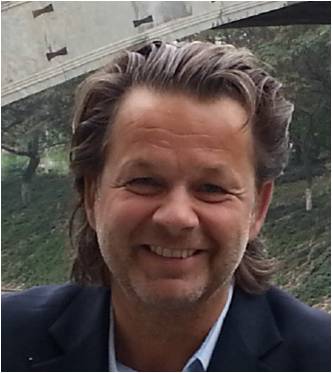
Frank KEPPLER is a professor at Heidelberg University in Germany. He is head of the Biogeochemistry research group at the Institute of Earth Sciences. The research group addresses the formation of trace gases in the biosphere and studies the exchange and interactions of climatically important trace gases between the pedosphere, biosphere and atmosphere. These processes are studied by laboratory investigations and field measurements. The Biogeochemistry group has particular expertise in the application of analytical methods to identify and quantify volatile organic compounds and to determine their stable isotope composition.
Institute of Earth Sciences, Heidelberg University, Im Neuenheimer Feld 234-236, 69120 Heidelberg, Germany; *frank.keppler@geow.uni-heidelberg.de
Session 3: Soil
Dr. Annette Elisabeth Rosenbom (Geological Survey of Denmark and Greenland, Copenhagen, Denmark) (Conference abstract)
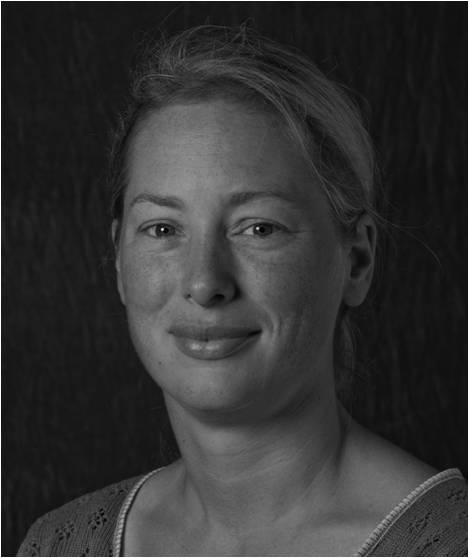
Annette Elisabeth Rosenbom is senior scientist at the Geological Survey of Denmark and Greenland (GEUS). With a background in civil engineering, she received her Industrial Ph.D. in Preferential Flow and Transport in Variably Saturated Fractured Media in 2005 from the Technical University of Denmark. Her emphasis through the past 20 years has been on introducing new field monitoring techniques and new numerical modelling concepts to measure and mathematically estimate preferential flow and solute transport through fractured soil/rock with particular focus on the variably-saturated zone and the effect of macropores (such as biopores and fractures). Being working in interdisciplinary research teams (e.g. microbiology, geochemistry, climatology, agronomy, geology, and hydrology) has led her to be the project leader of the Danish Pesticide Leaching Assessment Programme (PLAP; http://pesticidvarsling.dk/om_os_uk/index.html), which provides scientific guidance to the regulation of pesticides in Denmark based on high-quality field-scale monitoring data.
Session 4: Water
Pr. José Antonio Sanchez Perez (Almeria University, Spain) (Conference abstract)

José Antonio SANCHEZ PEREZ is Professor at Department of Chemical Engineering, University of Almería. Degree in Chemical Engineering by the University of Granada (1988); PhD by the University of Granada (1992). Director of the Solar Energy Research Centre, CIESOL, joint centre between the University of Almería and the Plataforma Solar de Almería. He has been involved in 17 research projects (European and Spanish projects) and has leaded 9 of them. 12 Research contracts with private companies most of them related with the development of Solar Technologies applied to wastewater treatment. He has directed 14 PhD theses in different fields such as biotechnology of microalgae, filamentous fungi fermentation and wastewater treatment. Main research lines are solar photo-Fenton for microcontaminant removal and water disinfection. Co-authored 133 peer-reviewed international papers. H-index = 37 (Scopus).
Departamento de Ingeniería Química, Universidad de Almeria, Spain
Session 5: Methodology and Modeling
Dr. Barbara Ervens (University of Colorado/NOAA, Boulder, CO, USA) (Conference abstract)
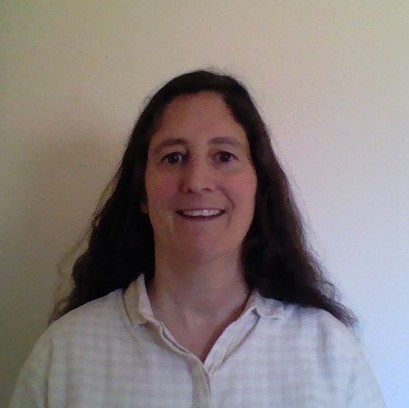
Barbara ERVENS is a research scientist at the Cooperative Institute for Research in Environmental Sciences (CIRES), University of Colorado, Boulder, (USA), affiliated with the Chemical Sciences Division, Earth System Research Laboratory of the National Oceanic and Atmospheric Administration (NOAA), Boulder, Colorado (USA). She received her PhD in 2001 from the University of Leipzig (Germany) in chemistry on model development and experiments of atmospheric multiphase chemistry. She started a postdoc position at NOAA affiliated with Colorado State University, Fort Collins, Colorado (USA) in 2003. Her main research addresses the development and application of process models describing aerosol mass formation and modification in the atmospheric aqueous phase of clouds and aerosol particles.
Cooperative Institute for Research in Environmental Sciences, University of Colorado, Boulder, CO, USA, (2) NOAA/ESRL, Chemical Sciences Division, Boulder, CO, USA, *barbara.ervens@noaa.gov

